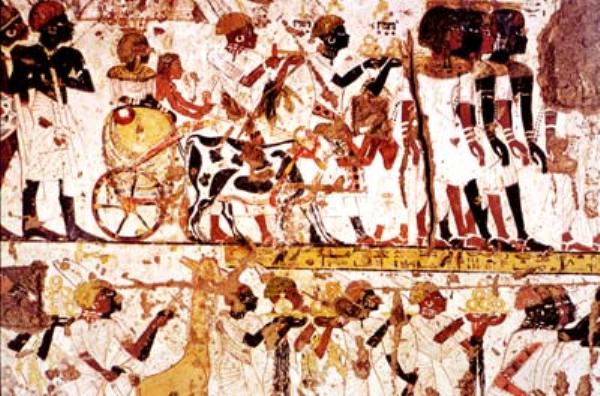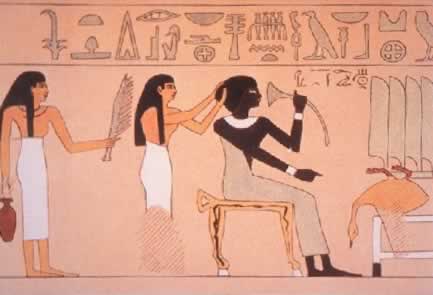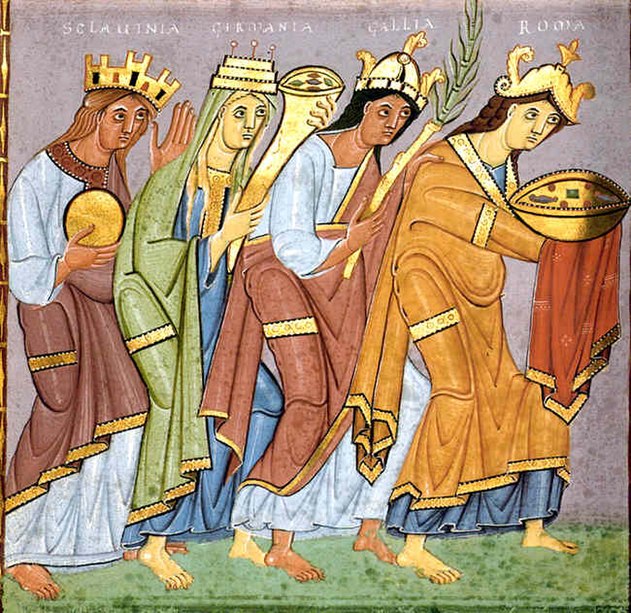Teritos
Active Member
Numbers 12:1
Then Miriam and Aaron spoke against Moses because of the black woman whom he had married for he had married a black woman.
The Hebrew word in this verse for "black" is "Kushi", which refers to black skin color, see Jeremiah 13:23: "Can the Cu****e change his skin or the leopard his spots?" The Cu****es lived in what is now Sudan.
God punished Miriam for this behavior by making her white as snow.(Numbers 12:10)
Were Miriam and Aaron racist at that moment or not?
Then Miriam and Aaron spoke against Moses because of the black woman whom he had married for he had married a black woman.
The Hebrew word in this verse for "black" is "Kushi", which refers to black skin color, see Jeremiah 13:23: "Can the Cu****e change his skin or the leopard his spots?" The Cu****es lived in what is now Sudan.
God punished Miriam for this behavior by making her white as snow.(Numbers 12:10)
Were Miriam and Aaron racist at that moment or not?




